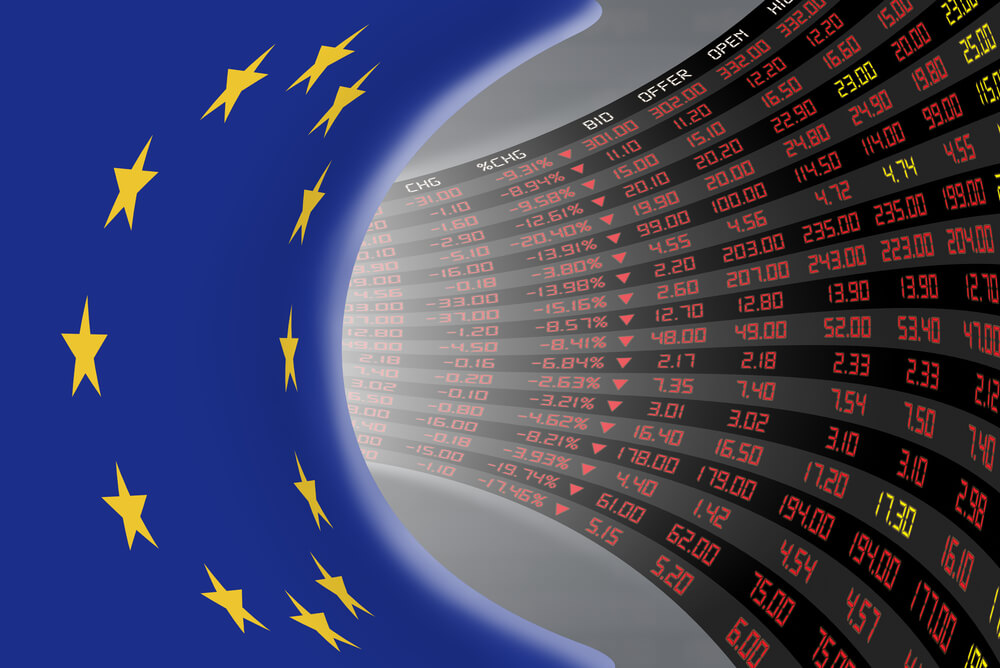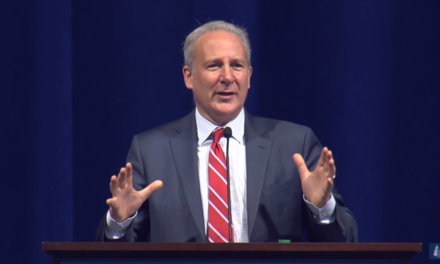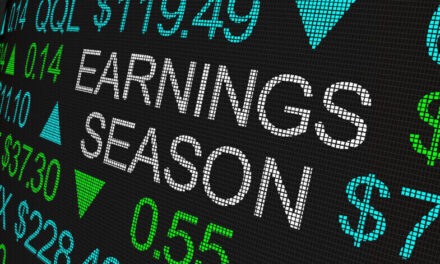European stocks snapped a six-day losing streak on Friday, but made only a small gain over the course of the day as an initial rebound ran out of steam as the coronavirus sowed further economic turmoil.
The region’s stocks, which were earlier set for their best day since late-2008, swiftly pared gains after Spain declared a state of emergency over the outbreak, while reports that the United States would follow suit added to the pain.
The benchmark STOXX 600 index closed up 1%, following a record 11.5% crash on Thursday. The index was down 18% for the week, its worst weekly drop since the 2008 financial crisis. “These measures that governments are putting into place are just restrictions to movement — these are necessary measures, but nevertheless, they will have a significant economic impact, which the market is still coming to terms with,” said Andrea Cicione, head of strategy at TS Lombard in London.
The STOXX 600, which sank into bear territory this week, has lost nearly a third of its value from a peak hit in mid-February.
The week, which started with a shock crash in oil prices, followed by increasing signs of disruptions caused by the virus, saw selling pressure break through even the stimulus measures by several major banks.
Spanish stocks ended higher for the day as the bank-heavy IBEX was supported by higher eurozone bond yields. The index bounced back from a near eight-year low.
Italian stocks, which have been among the hardest hit as the country has been the worst-affected in Europe by the coronavirus outbreak, closed up 7%, recovering from a more than seven-year low.
Among the eurozone sub-sectors, resource stocks were the best performers for the day, bouncing back from a four-year low. Mining heavyweights Evraz and BHP Group gained more than 12% each.
Swiss diagnostics maker Roche rose 3.2% after the U.S. Food and Drug Administration issued emergency authorization for a faster coronavirus test made by the company.
Oil and gas stocks were the worst weekly performers. They fell almost 30% in their worst week ever in the wake of the oil price crash.
Travel and leisure stocks, which are have also come under immense pressure from the outbreak, shed 25.1% for the week. The sub-index also ended lower for the day, with British cinema operator Cineworld sinking 30% amid continued concerns over the impact of the outbreak on its business.
Airlines stocks have been particularly hit by the virus curbing movement, with U.S. travel restrictions on Europe adding further pressure. Some airlines are seeking government aid to stay in the air.
Canada Ramps Up Stimulus Measures While PM Trudeau Is in Self-Isolation
Canada on Friday dramatically ramped up its measures to combat the spread of the new coronavirus, advising citizens against non-essential foreign travel and promising “significant” financial aid for Canadians in coming days.
Legislators suspended the House of Commons, but not before ramming through the ratification of a new North American trade pact, and Quebec canceled school for two weeks.
“We seem to be approaching a different phase right now” in the spread of the virus, said Prime Minister Justin Trudeau, who was in self-isolation after his wife tested positive for coronavirus.
In an unprecedented outdoor press conference held in front of his Ottawa residence where he will spend 14 days with his wife and three children, Trudeau promised to help people who take a financial hit because of the outbreak. Reporters hurled questions to him from a distance.
“We will help Canadians financially… We do not want any Canadian to have to worry about whether or not they’re going to be able to pay their rent, whether or not they’re going to be able to buy groceries, or care for their kids or elderly family members,” Trudeau said.
“The government of Canada will be introducing a significant fiscal stimulus package in the days ahead.”




